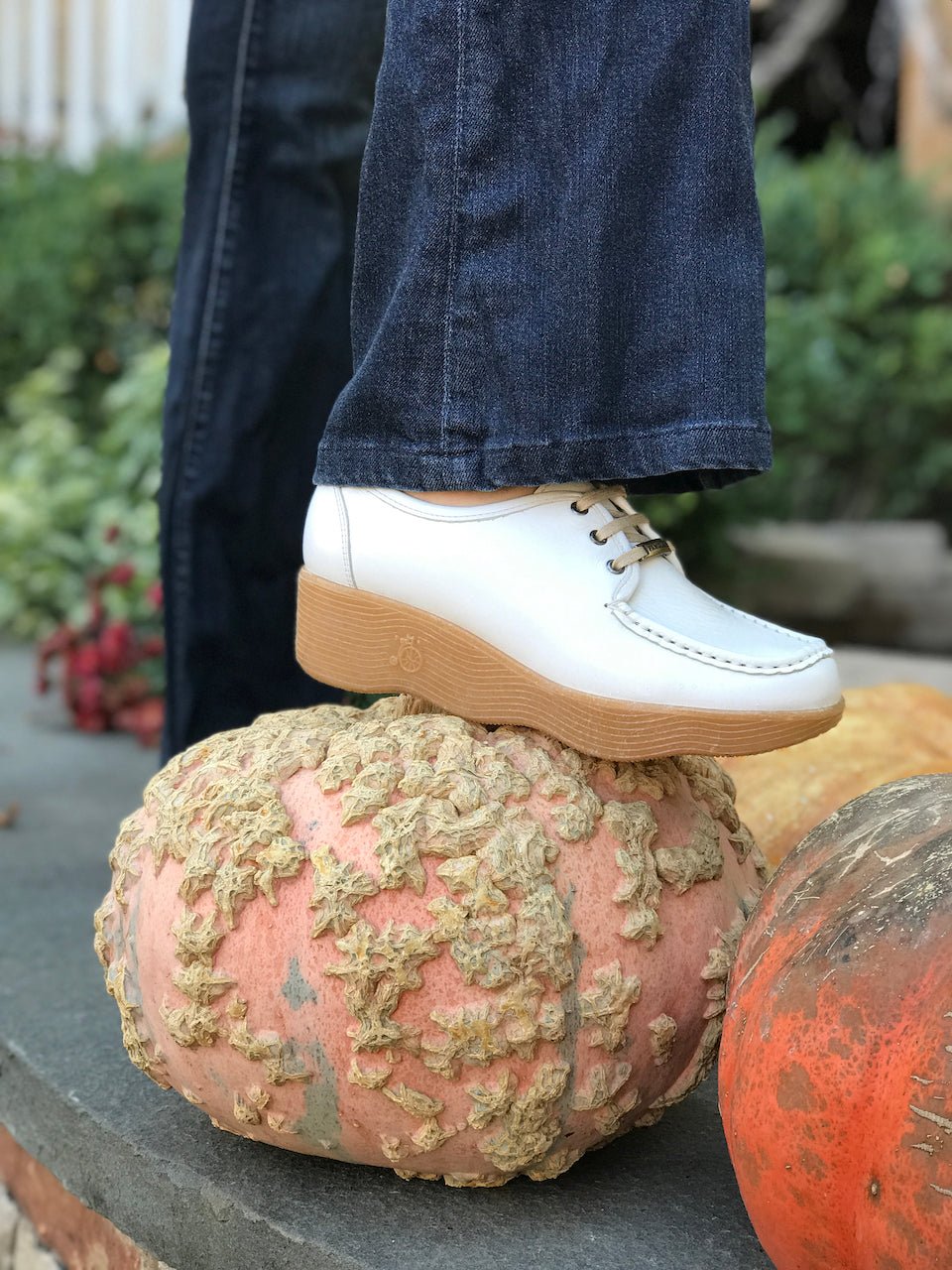Article: Native American Heritage Month
Native American Heritage Month
In honor of Native American Heritage Month, I will be sharing an excerpt of my documented time traveling to the Four Corners with my dear friend, Amado Peña. He is recognized as an Artisan of the Pascua Yaqui Tribe of Arizona. We’ve traveled countless times to Monument Valley, Canyon De Chelly, and other places on and around the Navajo reservation.
“At the end of the long road, depicted in many television commercials you probably remember, is the most beautiful place on the planet.” – Monument Valley.
With majestic mesas on the horizon, guarding the land like grandparents surrounding their children huddled under the table during an earthquake — I feel unjustly welcome. The Three Sisters monument, staggered in their glory, proudly stands erect — their sunbaked bodies ward off the evil spirits leftover from the pain we inflicted long ago.

In this place, I feel different. I am humbled, grateful, sad, angry, and helpless.
This is the Native American's sacred land, and for over three decades, I have held close the opportunity to be on the reservation nearly every year. In Monument Valley I awake at dawn to watch the sun rise over the Mittens.
I hold my breath for a second longer than expected. A primal ache boils in my belly. It bubbles up to my throat, and I can’t hold it in for a second longer. I clutch onto the feeling for as long as I can before the tears quietly stream down my dusty, parched face.
More than 90% of the 27,000 square miles on what is now the Navajo Reservation are owned by the U.S. government and managed under a trust by the Bureau of Indian Affairs.
I think back to my heritage. My ancestors immigrated here from the United Kingdom in the 1600s. As I drive through the beautiful scenery that sprawls for hours, I am overwhelmed by the sadness, death, and despair we inflicted on these peaceful people.
This is their land, but according to the oppressive treaty the white conquerors forced them to sign, many different Indigenous cultures do not own the rights to it. The Navajo cannot borrow funds to build homes on their reservation, which inhibits their ability to create wealth as easily as we can. And as most Americans know all too well, homeownership is one of the cornerstones of wealth building. Many Native Americans do not have that right to this very day. Knowing this both disturbs and humbles me as a 13th-generational American who has led my life without fear of missing out on the fundamental liberties this country promises to all.
In the next moment, I am reminded there is more work to be done. More history to uncover. More conversations with Amado to have. I look down at my worn but beloved pair of Famolares. They anchor me into the dust, their soles keep me steady as my mind wavers, much like the 4-wave rubber base — funnily enough. I am reminded to ground myself at this moment. And as I gaze into the fullness of the sun sitting squarely above what I believe is God’s best work, I am connected back to my breath.
I am going to leave you with a poem written by yours truly, which was inspired by my time in Navajo Nation. Till next time…
THE TOIL OF OUR SOIL
Before we conquered
They only feared
Of mammals amongst themselves
Who sustained them for years
And yet one day
Our heavy leather boots
Stepped on their clay soil
And trampled their roots
Driving stakes in their ground
And through their bodies
This land is our land
The proclamations abound
As we found and hound
For more and more
From shore to shore
We wandered to absorb
And forge our way
Through all the darkness
Rather than the bright of day
We pervaded across their hills
We pervaded through their rivers
We pervaded through their deserts
Our breath became the air
They breathed into their tired lungs
It wasn’t fair
Their songs were sung
They could not speak
Though their voice resolute
We thought them weak
To justify our seek
Of the soil they toiled
For thousands of years
We saw their tears
But looked away
Some filled with shame
But most filled with flame
Guns in hand
This is now our land
We could not hear them
We did not feel them
Or feel for them
We moved them to places
They did not know
The ground not worthy
To be nurtured and sowed
The strong still alive
Tired yet tried
Yet one by one
Too many died
So what can we do
To right our might
Our country divided
Some ready to fight
What’s on the horizon
Beyond the reservations
Can we tolerate our differences
For our democracy’s preservation
Our country needs to heal
Before we kneel
To whom we towered
We need to honor their power
Their truths and our history
Isn’t theirs they are ours
If you enjoyed this post, consider donating to Art Has Heart Foundation, started by Amado and J.B. Peña, which has provided college and university scholarships to high school students since 1996. Amado’s art is stunning and beautiful. You can see it here https://penagallery.com/.
Victoria Staten has held numerous executive positions at leading fashion retailers and wholesalers. As an entrepreneur, she's launched, consulted, and mentored companies and individuals through her affiliations with global organizations. She’s super excited to be walking in Famolares again and to be delivering this iconic brand and superior products with a historic yet timely message and core values to another generation of women who want to make waves too.


